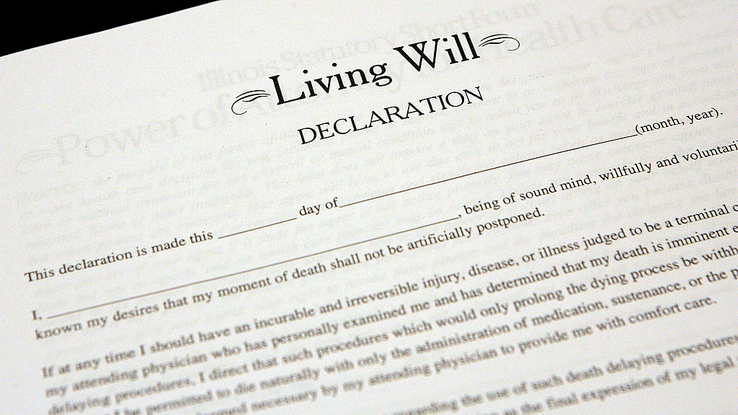Can You Continue Company Provided Life Insurance After Retirement

Life insurance is something most people have at least heard of, but not everyone understands who should get it and what it's actually for. Contrary to what you might expect, life insurance isn't just for the elderly. Instead, it's a guarantee for your loved ones that they'll have the financial resources they need in the event of your death. While the specifics can vary from plan to plan, you're paying to ensure the well-being of the people you leave behind, whether that happens today or decades from now.
From Lincoln Heritage to MetLife to Erie Insurance, there are many life insurance providers to choose from, each with their own range of plans and options to choose from. Between the range of choices and the prospect of dealing with your own mortality, making sense of life insurance can seem like a daunting task. However, it doesn't have to be. With a bit of basic information, you'll be prepared to decide for yourself if life insurance is right for you and your family.
Life insurance plans in the United States are usually divided into term and permanent policies. A term policy lasts for a set period of time, such as 10 or 20 years. If the insured individual dies while the policy is in effect, the beneficiary receives a payment from the insurance company. Term insurance has the benefit of usually being cheaper than permanent insurance with equivalent benefits.

Permanent insurance — which also includes whole life, variable life and universal life insurance — combines a death benefit with some form of cash savings. Part of the premium covers the cost of the insurance, while the rest is set aside and earns interest. Generally speaking, you can withdraw that amount early or let it ride for a much larger sum upon your death. You may also be able to borrow money against the policy or use it to pay for future premiums.
If You Have Dependents, You Need Life Insurance
The most common reason for needing life insurance is if you have dependents: people who depend on you financially, such as children, a spouse that doesn't work or a parent who you support. At the very least, a life insurance policy can cover the costs of your final expenses, such as the cost of a burial or cremation, funeral and outstanding debts, which in turn keeps those things from burdening your family.

With a better policy, you can also provide money to cover a mortgage, education, or other large expenses that could be too much to manage with the loss of your income otherwise. If used wisely, life insurance is the final way of providing for those you care about.
Determining Your Life Insurance Needs
Some people shy away from life insurance policies because they think they can't afford them. While the best plans can definitely be expensive, cheaper plans are available, especially if you're comfortable with a term policy.

Other factors also affect how much life insurance will cost. Smokers and individuals with serious health conditions can expect to pay more for their policies, while younger people and women tend to have lower premiums than older adults and men. In fact, the premium for a plan that has coverage of $250,000 can cost less than $200 per year depending on your demographic and the plan you select.
Finding Affordable Life Insurance
The level of life insurance coverage you need changes over time. When you're young and have no spouse or children, you may not need a policy because no one is counting on your income. The same is true for individuals with adult children and those who have enough money in savings to cover their loved ones' expenses.

Another consideration is when to buy a life insurance policy. Some people wait until they marry or have children. Others purchase a guaranteed renewable policy before they have dependents. This type of policy ensures they will always have coverage as long as they pay the premiums on time.
Either way, buying one when you're younger and healthier is usually cheaper than waiting until you're closer to needing one, even if you end up spending money on a policy you likely won't need. The right time for you to buy one will ultimately depend on your personal financial and health situation.
How to Find a Policy
There are plenty of online tools that can evaluate your insurance needs and help you choose a policy that works for you. Some are run by individual insurance companies, such as this one from Guardian Life, while others are maintained by independent sources.

Alternatively, you can also seek out an expert who understands the industry and available products to help you make an informed decision. Insurance agents, estate planning lawyers and tax professionals can help you navigate the many life insurance policies and providers out there. They can explain the pros and cons of life insurance and help you find the perfect policy for your situation.
Source: https://www.askmoney.com/insurance/what-you-need-to-know-about-life-insurance?utm_content=params%3Ao%3D1465803%26ad%3DdirN%26qo%3DserpIndex&ueid=d93bc777-1bb8-4810-b38b-bca46eef0cd6
0 Response to "Can You Continue Company Provided Life Insurance After Retirement"
Post a Comment